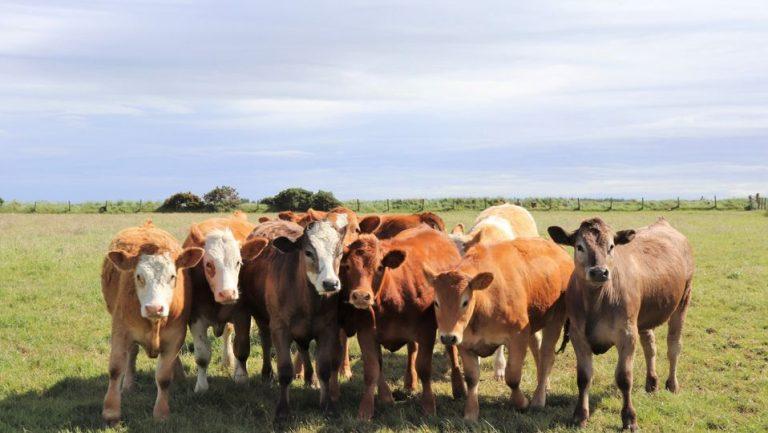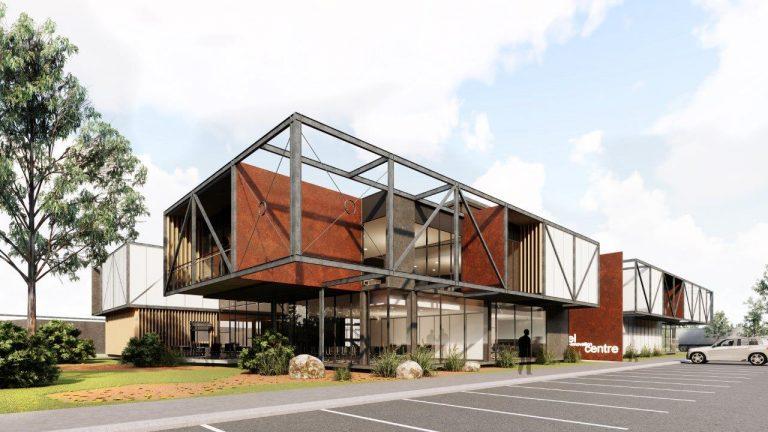This project aims to assess the ability of biomineral fertiliser to increase soil carbon sequestration, while at least maintaining productivity and profitability in relation to best practice conventional fertiliser use. It will be explored through an integrated R&D PDS model and is relevant to all livestock and other producers currently implementing a fertiliser regime. It is proposed that biomineral fertilisers will reduce carbon emissions through two pathways: · By increasing the formation of permanent humus compounds and through an increase in the soil organic matter stability. Consequently, the contribution of the organic matter fractions that are more resistant to decomposition are crucial for increasing soil carbon sequestration. This is achieved by: o microbes in biomineral fertiliser colonise roots and drain more carbon to the rhizosphere soil to increase soil carbon pool o biomineral fertiliser increases root biomass which are the sources of carbon locked up in the soil over Read more…
The Peel Growers Hub has been set up to support farmers in maintaining and building profitable farm businesses in the region.The formation of this group aims to: Increase farmer participation in strategic planning for agriculture growth in the region Improve capability amongst farmers and producers Expand research and development that is relevant to farmers in Peel to enable growth into new markets, supply chain improvements and value add products Progress food value industries in Peel that have adopted sustainable and innovative practices The challenges that are faced by the Peel producer economy is that it is characterised by many small to medium farmers operating horticulture, viticulture, livestock, fruit, egg, milk and hay businesses. These businesses operate mainly in isolation. Initial consultation undertaken also identified that farmers in the region require capability building to aid in accelerated business growth in a number of areas and were unaware of the opportunities that Read more…


